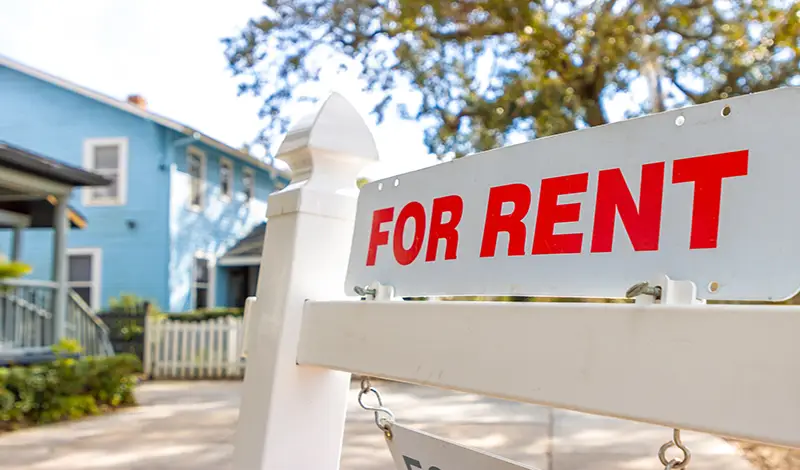Buying vs Renting - Which Option is Right for You?
Published on May 14, 2024 | 4 Minute read

Melanie
Ortiz Reyes
Content Specialist
One of the biggest decisions individuals and families face when it comes to housing is whether to buy or rent. Both options offer distinct advantages and considerations, and the choice depends on various factors such as financial readiness, lifestyle preferences, long-term goals, and market conditions. Let's explore both options:

Buying a Home
Pros of Buying
Equity Building: As a homeowner, you build equity over time, which can be a valuable asset and a form of forced savings.
Stability and Control: Owning a home provides stability and control over your living space, allowing for customization, renovations, and long-term roots in a community.
Potential Appreciation: Historically, real estate tends to appreciate over time, offering the potential for financial gains when you sell your home.
Tax Benefits: Homeowners may benefit from tax deductions on mortgage interest, property taxes, and certain home-related expenses.
Cons of Buying
Financial Commitment: Purchasing a home requires a significant financial commitment upfront, including down payments, closing costs, and ongoing mortgage payments.
Maintenance Responsibilities: Homeownership comes with maintenance responsibilities and costs, such as repairs, upkeep, and property taxes.
Market Risks: Real estate markets can fluctuate, and there is no guarantee of immediate or substantial returns on investment.

Renting a Home
Pros of Renting
Flexibility: Renting offers flexibility in terms of lease durations, allowing for easier relocation or changes in living arrangements.
Lower Upfront Costs: Renting typically requires lower upfront costs compared to buying, with no down payment or property purchase expenses.
Maintenance Coverage: Landlords are responsible for major maintenance and repair costs, relieving renters of these financial burdens.
Diverse Living Options: Renting provides access to a wide range of living options, from apartments and condos to single-family homes and townhouses.
Cons of Renting
Limited Control: Renters have limited control over property modifications, renovations, and long-term stability in the living space.
No Equity Building: Rent payments do not contribute to building equity or ownership in the property.
Rent Increases: Landlords may increase rents periodically, affecting housing costs over time and potentially impacting budgeting.

Factors to Consider
Financial Readiness: Evaluate your financial situation, including savings, income stability, debt levels, credit score, and ability to afford homeownership costs.
Long-Term Goals: Consider your long-term housing goals, such as stability, investment potential, family needs, career plans, and lifestyle preferences.
Market Conditions: Assess local real estate market conditions, trends in housing prices, rental rates, inventory levels, and projected economic factors.
Lifestyle Preferences: Determine your desired living arrangements, neighborhood amenities, commute preferences, and willingness to invest time and effort in homeownership responsibilities.
Making the Decision
Renting May Be Right If:
Flexibility is Key: If you anticipate lifestyle changes, job transitions or prefer flexibility in housing arrangements.
Financial Constraints: If you have limited savings for a down payment, ongoing maintenance costs, or uncertain income stability.
Short-Term Plans: If you plan to stay in an area temporarily, explore different neighborhoods, or test out living arrangements before committing.
Buying May Be Right If:
Long-Term Stability: If you seek long-term stability, roots in a community, and the ability to customize your living space to suit your preferences.
Financial Readiness: If you have savings for a down payment, good credit history, stable income, and can afford ongoing homeownership costs.
Investment Goals: If you view homeownership as an investment, building equity, and potential appreciation in property value over time.
The decision between buying and renting a home is a significant one, influenced by financial readiness, lifestyle preferences, long-term goals, and market factors. By understanding the pros and cons of each option, and weighing key considerations, individuals and families can make informed decisions that align with their housing needs and aspirations. Whether it’s finding a dream home to own or a rental space that offers flexibility and convenience, careful planning and guidance can lead to a successful and satisfying housing journey.